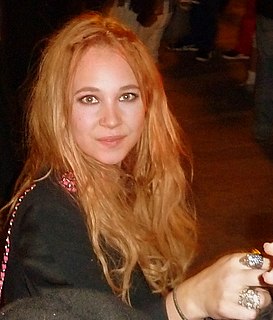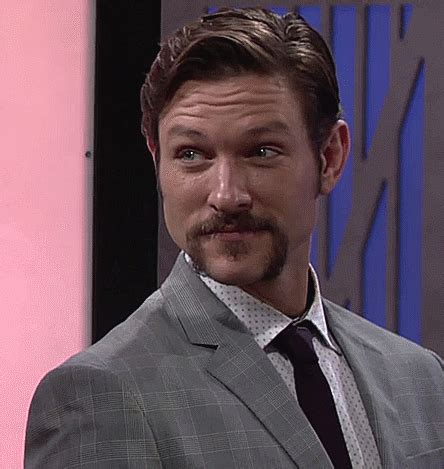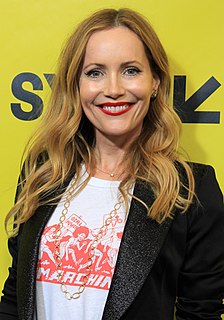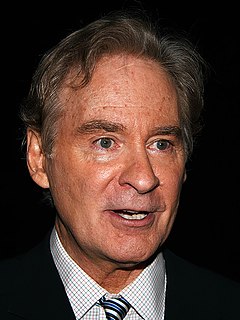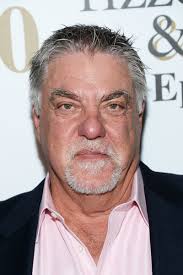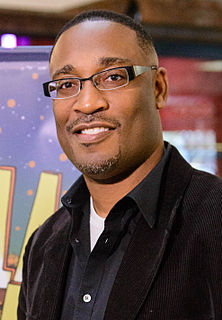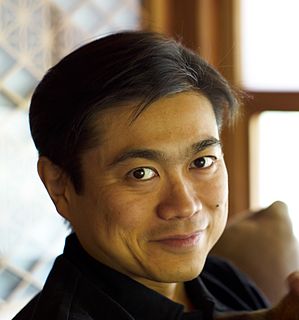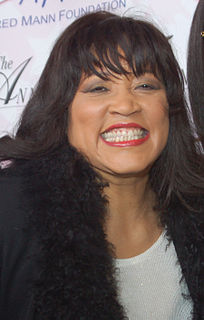A Quote by Juno Temple
On an independent film, you really learn about pace. You have so little time to do things, that you really have to know your scenes.
Quote Topics
Related Quotes
Somebody comes to your house. You know they're coming, so it's not a surprise. And they give you an envelope that has your scenes in it. And they sit in the car outside for a half an hour while you read your scenes, then they ring your doorbell and you give your scenes back. Then you shoot the movie a few weeks later or something. The next time you see your scenes is the night before you start shooting. I never read the script [Blue Jasmine], so I didn't really know what it was about.
Soaps are really like boot camp for acting. You learn about the industry, you learn about being on stage, and you learn about showing up on time. The sheer volume of work, on a daily basis, blows your mind and forces you to really work that muscle of memorization and just being able to change things on your feet.
I do like working on independent films where it is a smaller budget and less pressure. The pace is also quicker than that of a big budget film. You are shooting at a fairly fast pace. Sitting around for three or four days can be quite draining. So I guess in terms of film or television, I would say filming an independent feature.
Well, the whole trick to doing an independent film, is to keep great pace and momentum. You're shooting maybe three times as many scenes in one day that you would on a big, luxurious budget on a luxurious schedule, and you try not to sacrifice quality for that. Things are just compressed, but essentially the same.
You know, your first album is about really amazing things. Your first album is always about coming of age, first love, first loss, usually you suffer a first loss of someone that you love to death, even, you know, really big life lessons, things you learn from your parents' divorce or from the travels that you took.
I really loved working with Michael Caine. He's a really skilled and experienced actor. I learn something from everybody, but when you work with somebody like that, you actually learn things you can put in your toolbox, things about craft. Not necessarily life lessons, but actual things he knows that you can pick up.
Consequently, the only thing I learned in school was typing. In the old days, people like me who don't have college degrees had a hard time thriving in society. But today, the ability to learn on your own or from your peers has become really easy. I think this change is leading to a fundamental disruption in education. Independent and lifelong learning are really starting to peak - there is an inflection point coming around how people learn.
My writing's like a journey. I'll know some of the stops ahead of time, and I'll make some of those stops and some of them I won't. Some will be a moot point by the time I get there. You know every script will have four to six basic scenes that you're going to do. It's all the scenes where your characters really come from.
I just remember lot of men running around in little tiny gold shorts! The format - it was kind of hard. You really have to know about pop culture and I'm not really knowledgeable about a lot of those things. I know what I like. They'd ask about Gwyneth Paltrow, and I don't know anything about her, except her mother. I know who her mother is. So you really have to be current and relevant.
Kurt Russell said another brilliant thing. He had starred in umpteen movies by that point. And he said, "Generally speaking, in every film I've done, there are only about three or four scenes that I can really do something with. For the rest of it, it's not so much that you don't have to prepare, but there's not much you can really do. You just do what is asked of you in those scenes. You don't want to do too much."
